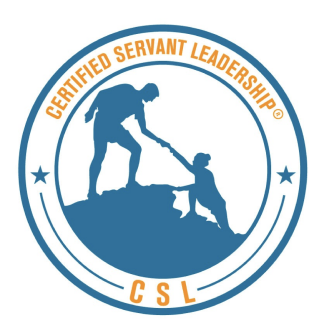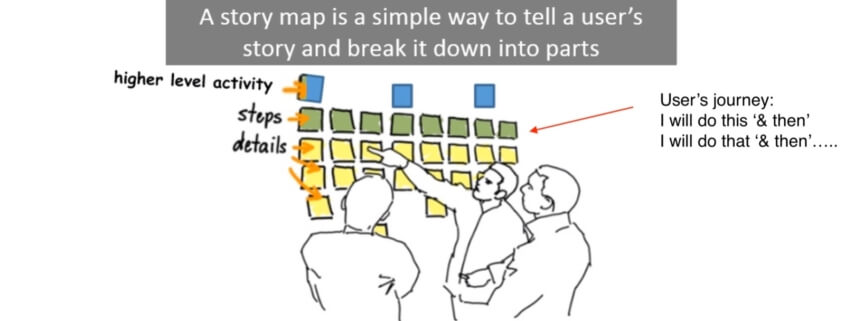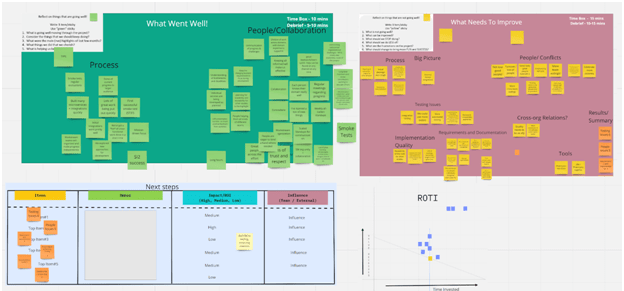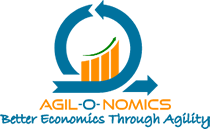
Many organizations continue to struggle with grasping the true value of a full-time Scrum Master. The role of a dedicated Scrum Master often faces scrutiny and is not fully understood.
One common argument against having a full-time ScrumMaster is the perception that it’s not justified or affordable.
Here is a conversation I had with a hiring manager who was budgeting for roles in his Scrum Team.
Me[Amit]: “Hey Steve!”. “I heard you have decided against hiring a full time Scrum Master for your team?”
Steve: “Exactly! We need to optimize costs and make the most of our resources. Hiring a full-time ScrumMaster seems like an unnecessary expense.”
Me: “I completely understand the budget concerns, Steve. However, having a full-time ScrumMaster allows for dedicated focus and expertise, leading to faster resolution of issues and increased team efficiency. The impact on project success and customer satisfaction is remarkable.”
Steve: “Hmm, I hadn’t considered that perspective. But what about the team’s self-organization? Won’t a ScrumMaster hinder their autonomy?”
Me: “Great question, Steve! A skilled ScrumMaster empowers teams by coaching and mentoring them in self-organization. They foster a culture of accountability, continuous improvement, and knowledge sharing. Ultimately, this strengthens the team’s ability to make informed decisions and adapt to change.”
Steve: “Amit, thanks for your perspective. I’m curious to know if you have any data or evidence to support the value of full-time Scrum Masters? Some concrete examples or statistics will help.”
Me: “I’m glad you asked, Steve! I’ve collected data over several years that shows significant improvements in teams with dedicated Scrum Masters. Let me share a few compelling insights with you.”
I pull out relevant artifacts working with different teams in various organizations and show them to Steve.
Me: “Here, take a look. The data clearly shows that teams with a dedicated Scrum Master demonstrate higher productivity, improved delivery quality and are happier. They help remove impediments, facilitate collaboration, and ensure everyone is aligned with the Agile principles.”
Metric 1: Team Throughput (Velocity)
This study working with a team shows average velocity increased ~20% in about 4 Sprints by transitioning to a full time dedicated Scrum Master and, it started to fall down when we switched back to a developer playing the role.

Metric 2: Number of Defects per Sprint
Another controlled study done over a 4 month period showed average number of defects moved up from 8(S1-3) to 13(S4-6) and then dropped to 8(S7-9) and dropped further to 3(S10-13) and stayed low at 3(S14-16)
Without a full-time Scrum Master(1-6), the team faced challenges in quality control and defect prevention. However, with the roles and responsibilities of a dedicated Scrum master, the team raised impediments that helped them receive support in implementing effective quality assurance practices, organizing training sessions, and improving their skills. This resulted in a gradual reduction in the number of defects over time.

Metric 3: Timely Delivery
Initially, not having a full-time Scrum Master(Project 1 and 2), the team was challenged with coordination, communication, and working out dependencies. With the introduction of a full-time Scrum Master(Project 3, 4 and 5), they experienced improved collaboration, better communication channels, effective teamwork, trust, and camaraderie. This resulted in shorter project delivery times as we moved forward.

Steve: “Well, that’s interesting. But can’t we assign these responsibilities to someone part-time? Keep that part time role dedicated to playing Scrum Master for an extended time? We have budget constraints, you know.”
Me: “By having a full-time ScrumMaster, you’re investing in the long-term success of your teams. They become more self-reliant, adaptable, and resilient, which contributes to higher employee satisfaction and retention.”
Steve: Deeply thinking….I see and couldn’t agree more. We need to break free from the misconception that a full-time ScrumMaster is an unnecessary expense. The benefits they bring to the table far outweigh the costs.
Steve was convinced and decided to invest in increasing agility for his teams and organization. He decided to hire several Scrum Masters in full time dedicated capacity. The Scrum Masters were nurtured and empowered to play their roles effectively.
Conclusion:
The data demonstrated clearly, there is value in having a full-time Scrum Master. Honestly, there were challenges in the beginning. But, with time, the dedicated Scrum Master (nurtured and empowered) played a crucial role in improving team velocity, reducing defects, and shortening project delivery times.
The support provided by the Scrum Master, including coaching and training the teams, facilitating effective teamwork and collaboration, improved team behaviors and allowed the team to overcome obstacles. As a result, teams improved continuously.
Investing in a full-time Scrum Master does prove to be beneficial and impactful. It helps in achieving higher productivity, improved quality, and timely project deliveries.
Remember, agile is not only about the process. If implemented wisely, it also impacts collaboration, transparency, and continuous learning. Invest in full time dedicated Scrum Masters. Support, nurture and empower them to see their full value. They will indeed help your teams achieve greatness!































